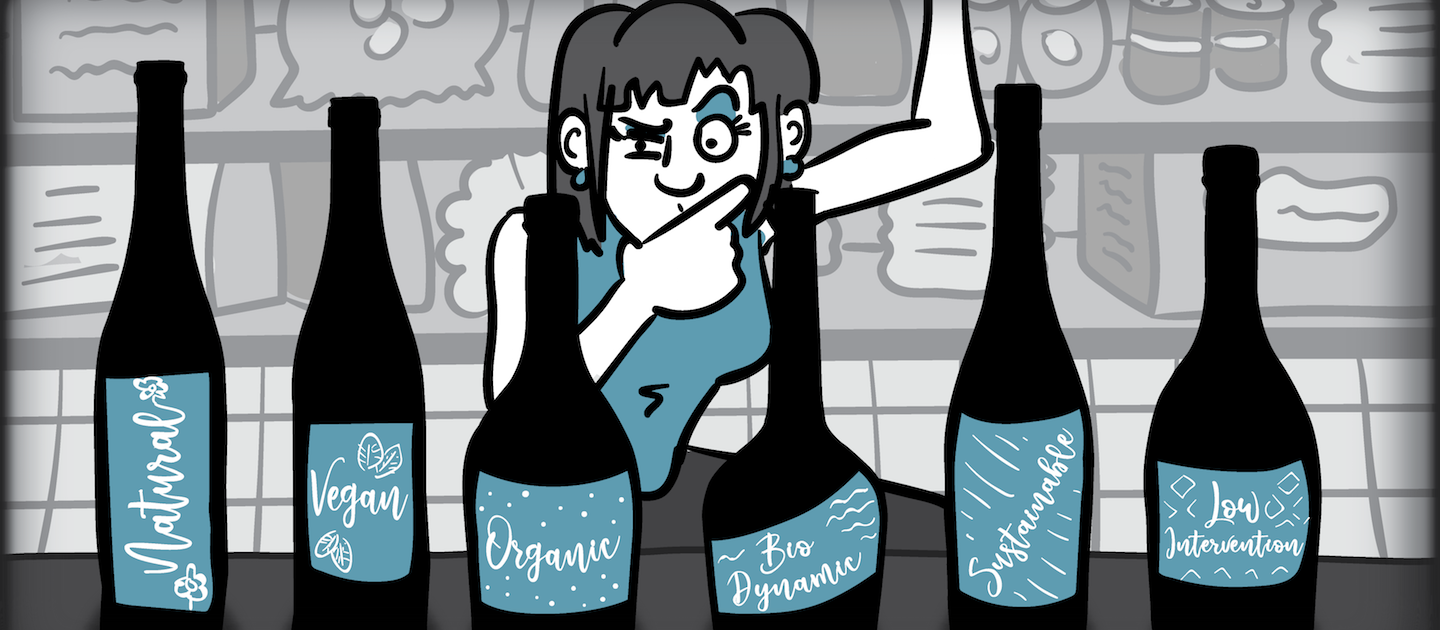
So, let’s start with the most popular:
Organic Wine
Organic is the most established classification for farming of any kind; with the movement starting roughly a century ago there are now a multitude of international bodies implementing strict requirements for each little badge.
Organic farming is primarily concerned with restricting or reducing synthetic chemicals for things like fertilisers, pesticides and preservatives. While this is beneficial for the surrounding wildlife, many humans like us also take solace knowing that we aren’t glugging down some bizarre growth hormone and waking up with an extra finger.
When it comes to wine specifically, sulphur is one of the main chemical culprits, giving many people allergic reactions and, some reckon, a worse hangover. Although it cannot be removed entirely, the levels of sulphur are strictly limited depending on wine type. What many may not realise is that there can also be real benefits for the flavour of the wine too. Here are some quotes from a few of our Organic winemakers:
“Organic sites produce less fruit, which means a more intense flavour. If I had a dollar for every time someone told me they like drinking our wine because they do not feel anything the following day I would be an organic wine producer!” – Jason O’Dea, Pig in the House.
“We all know that sulphites can cause headaches or red patches on the face and neck. By not adding them we allow our customers to avoid these reactions. In terms of flavour, the no sulphite wines will be fruitier. This will lead to wines [that are] more enjoyable, and not just easier to drink, but to digest as well. Sulphites often tend to harden tannins and acidity in the wines.” – Adrien Rognon, Cave d’Alignan Du Vent Du Neffies.